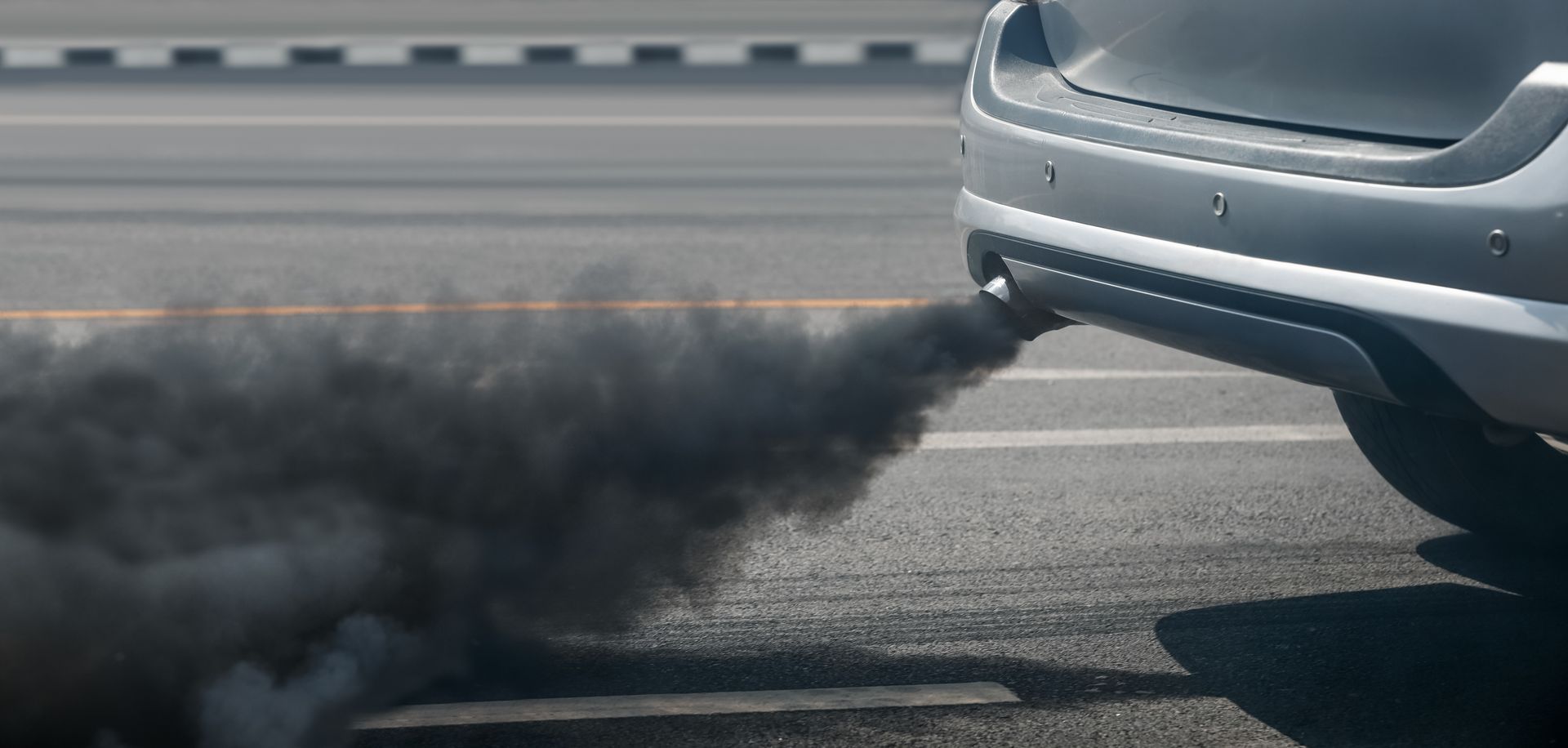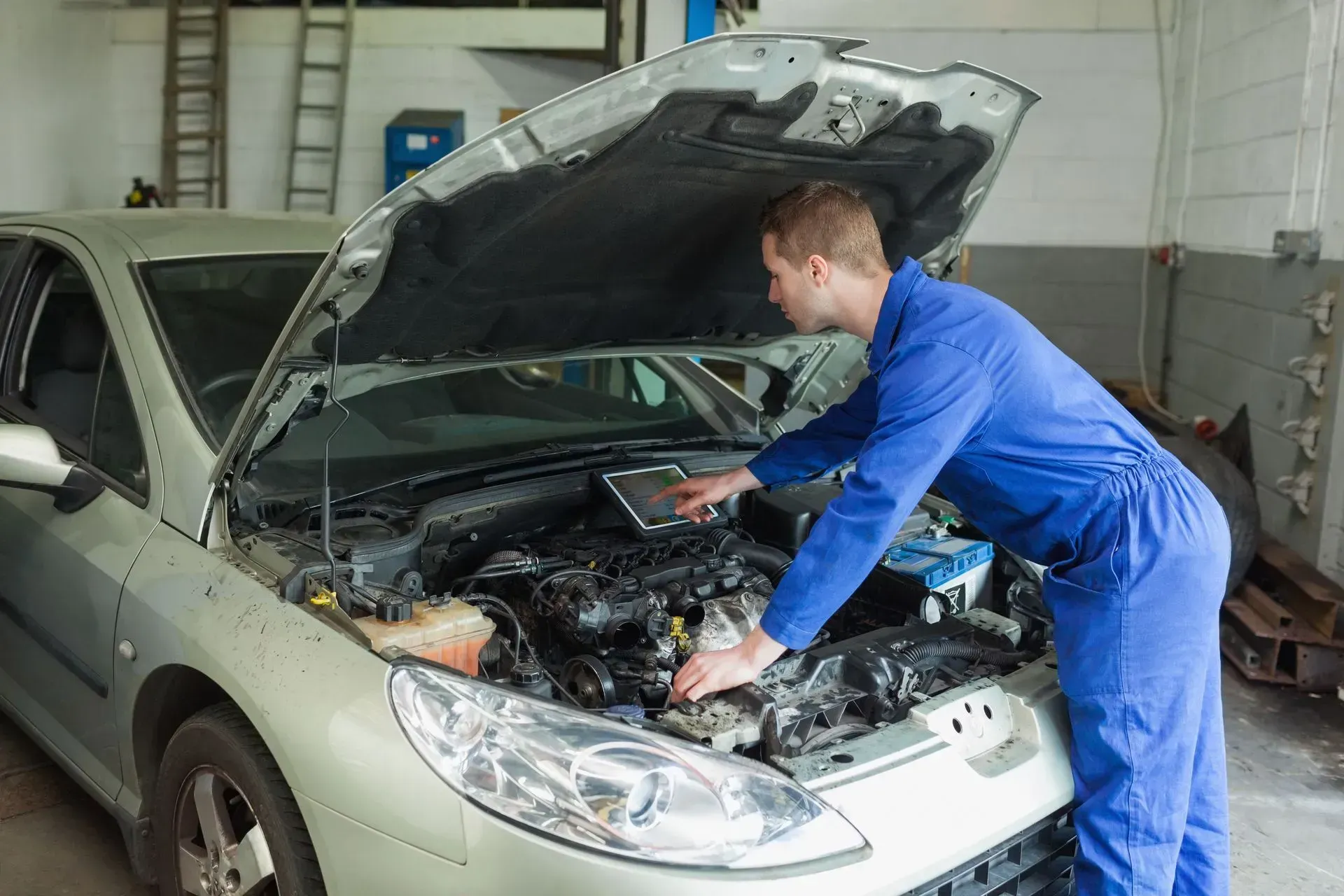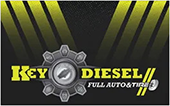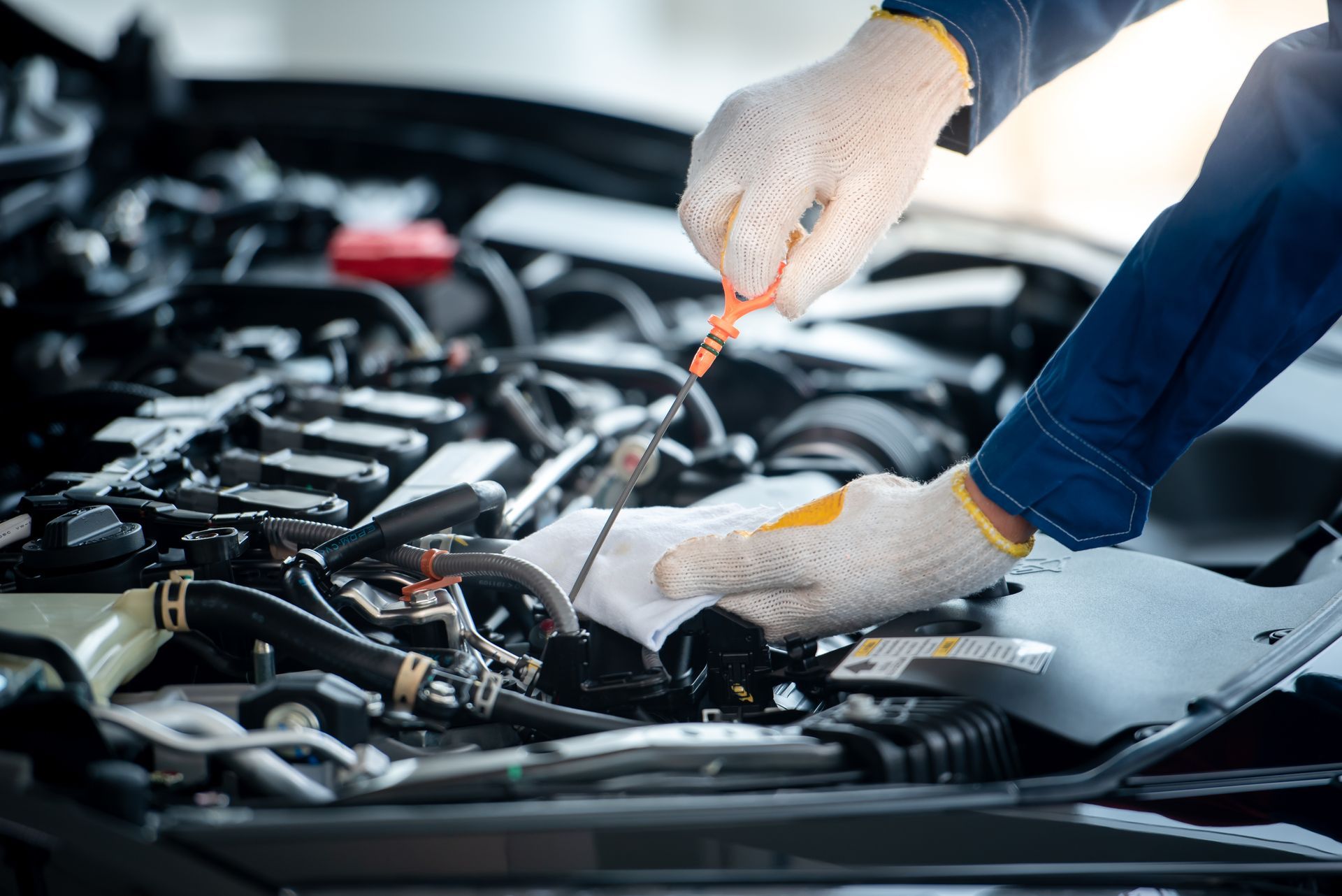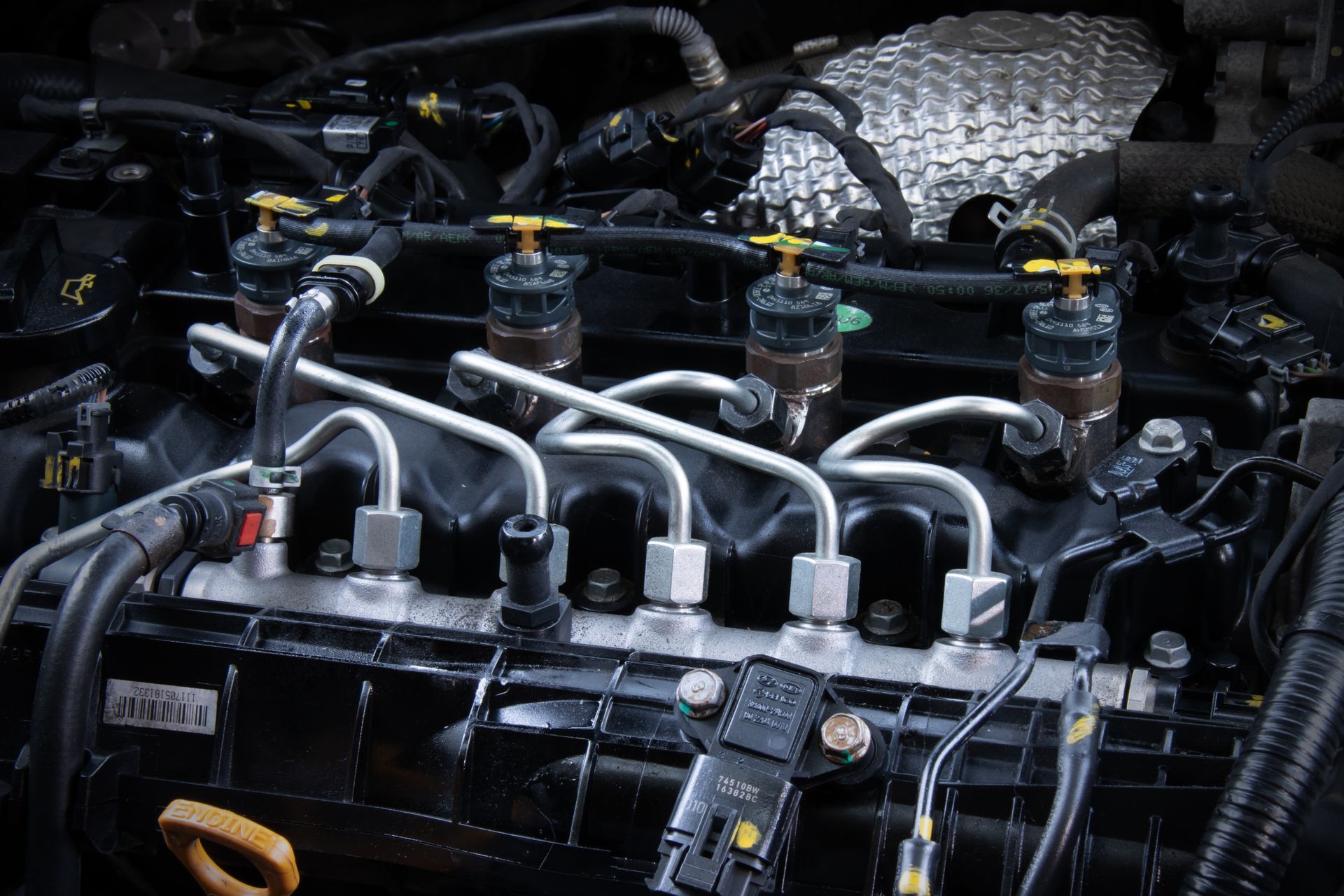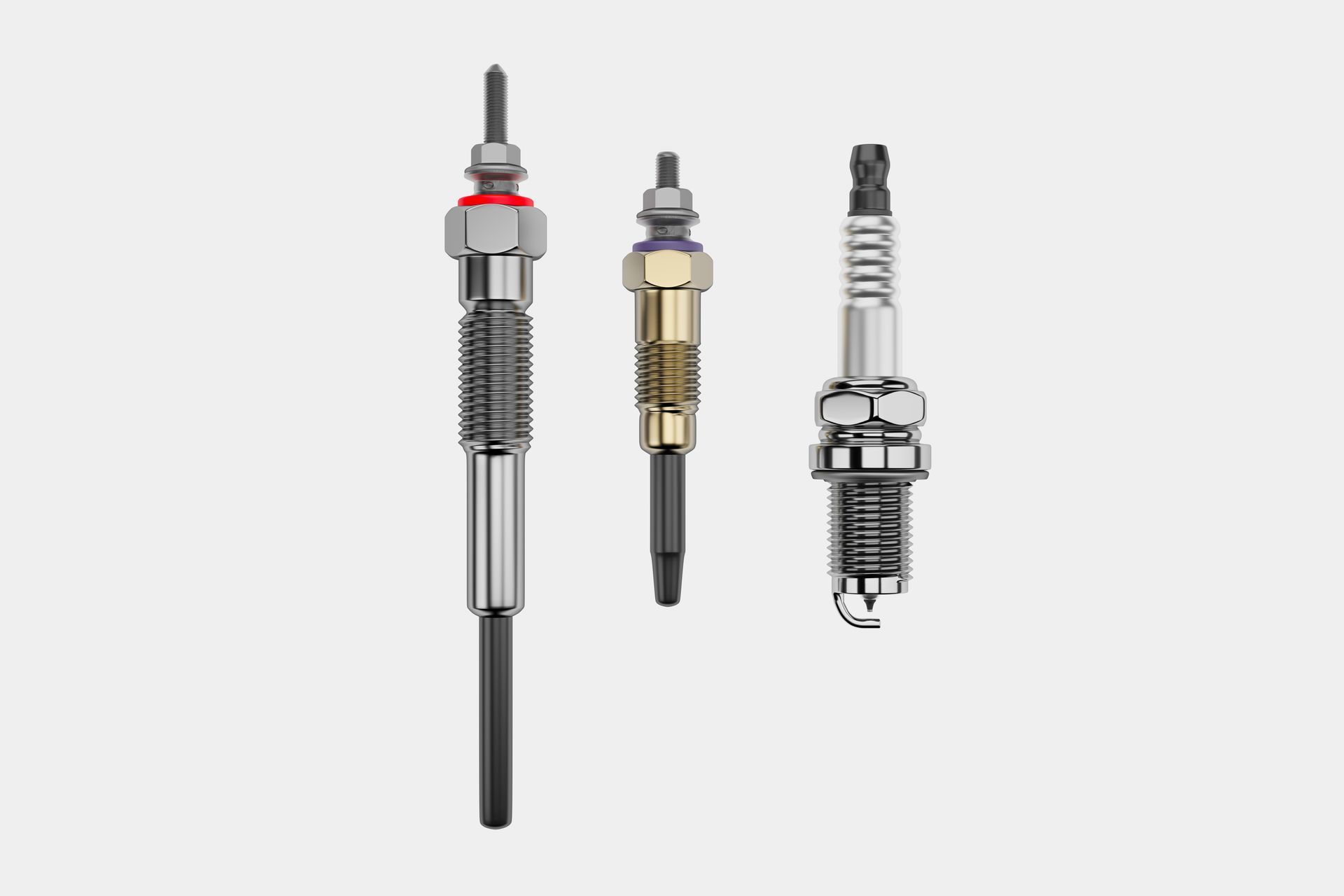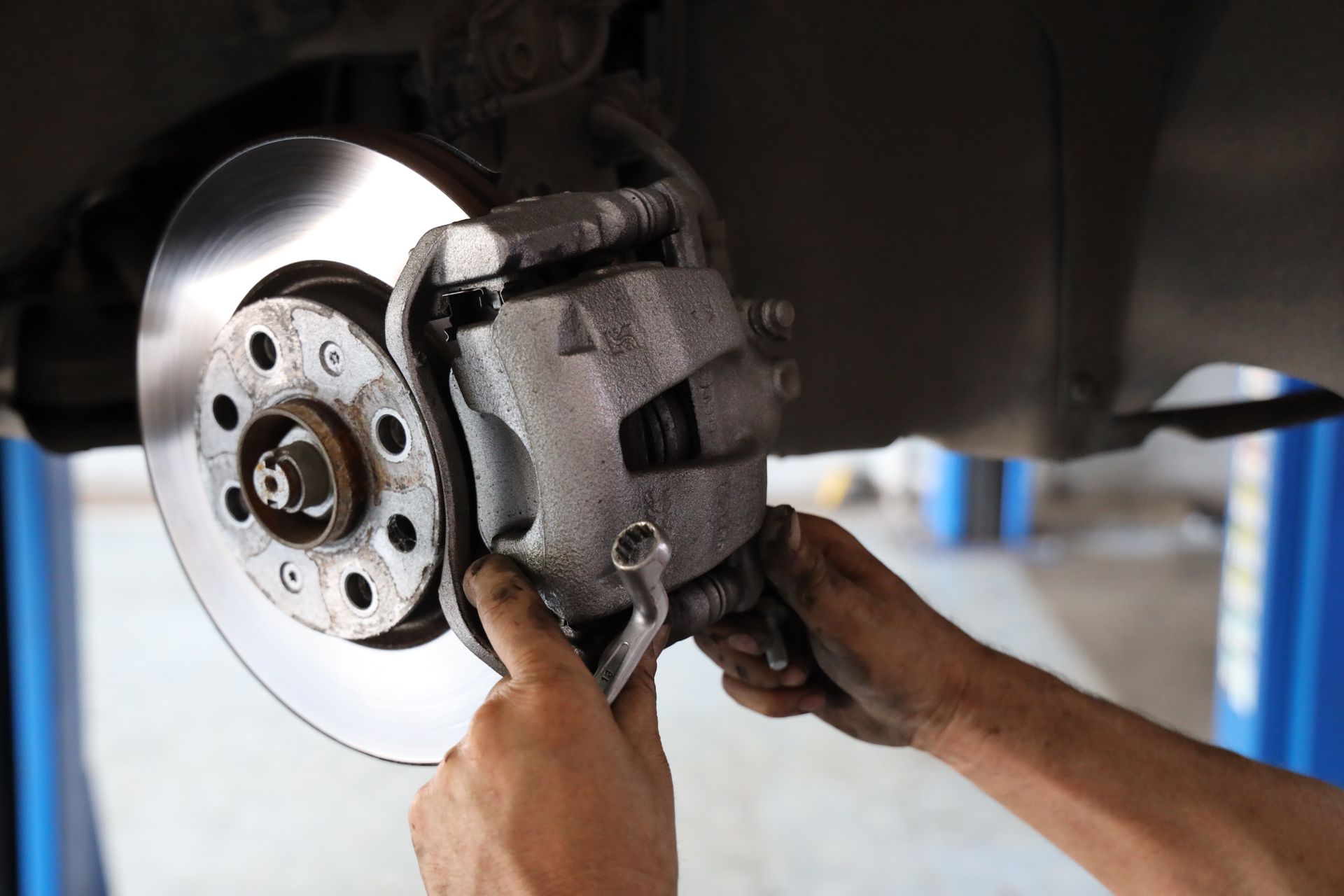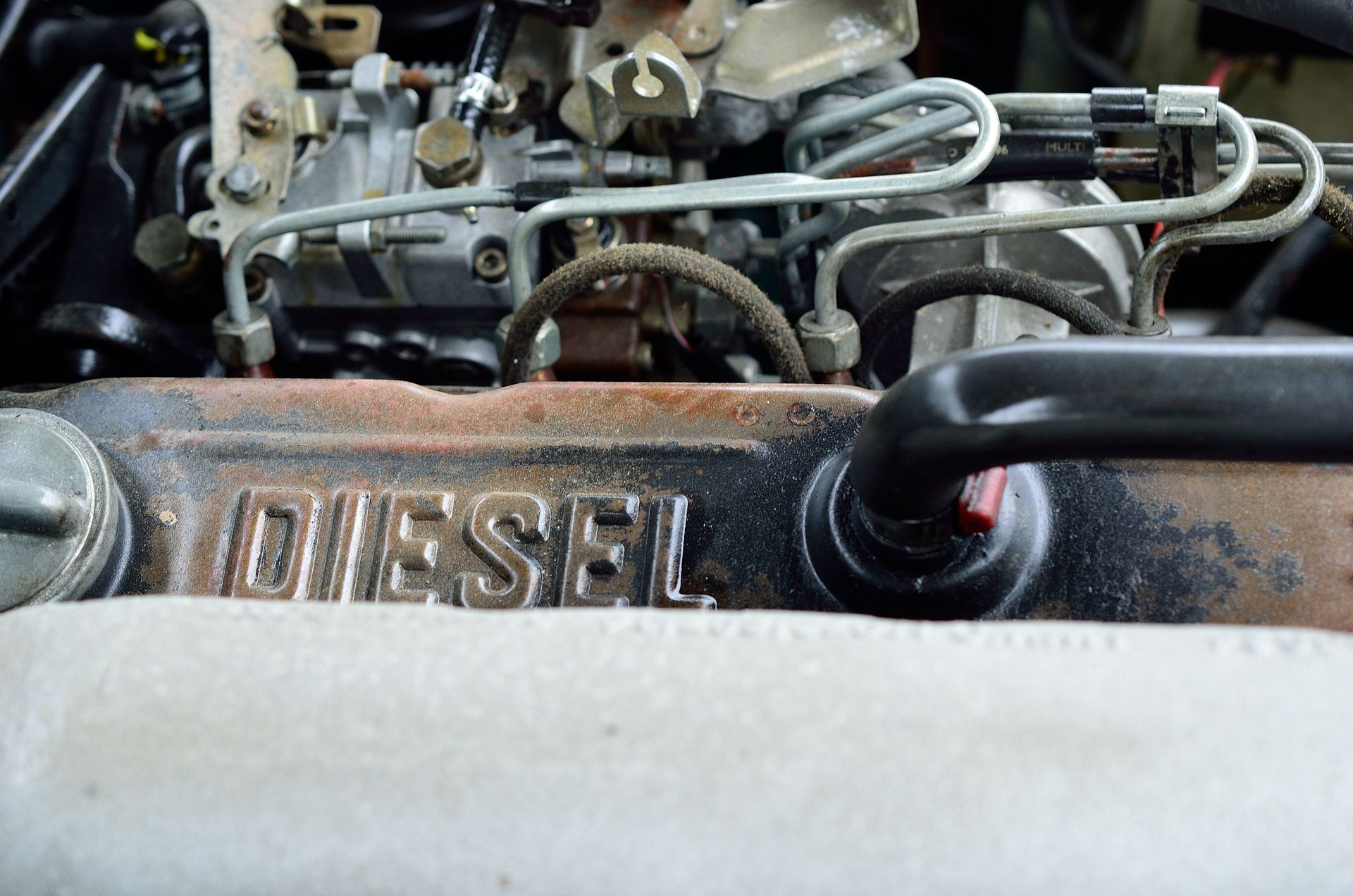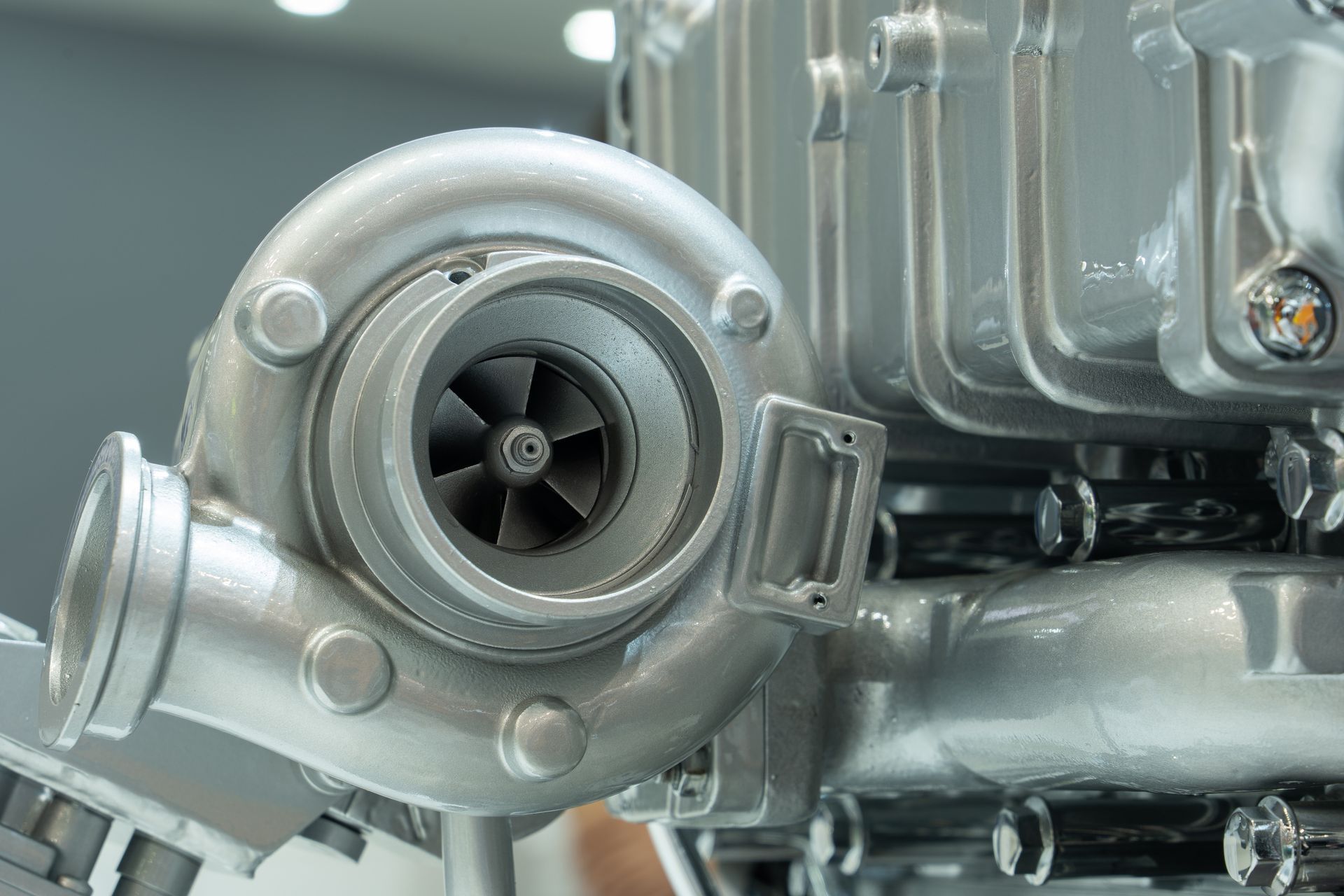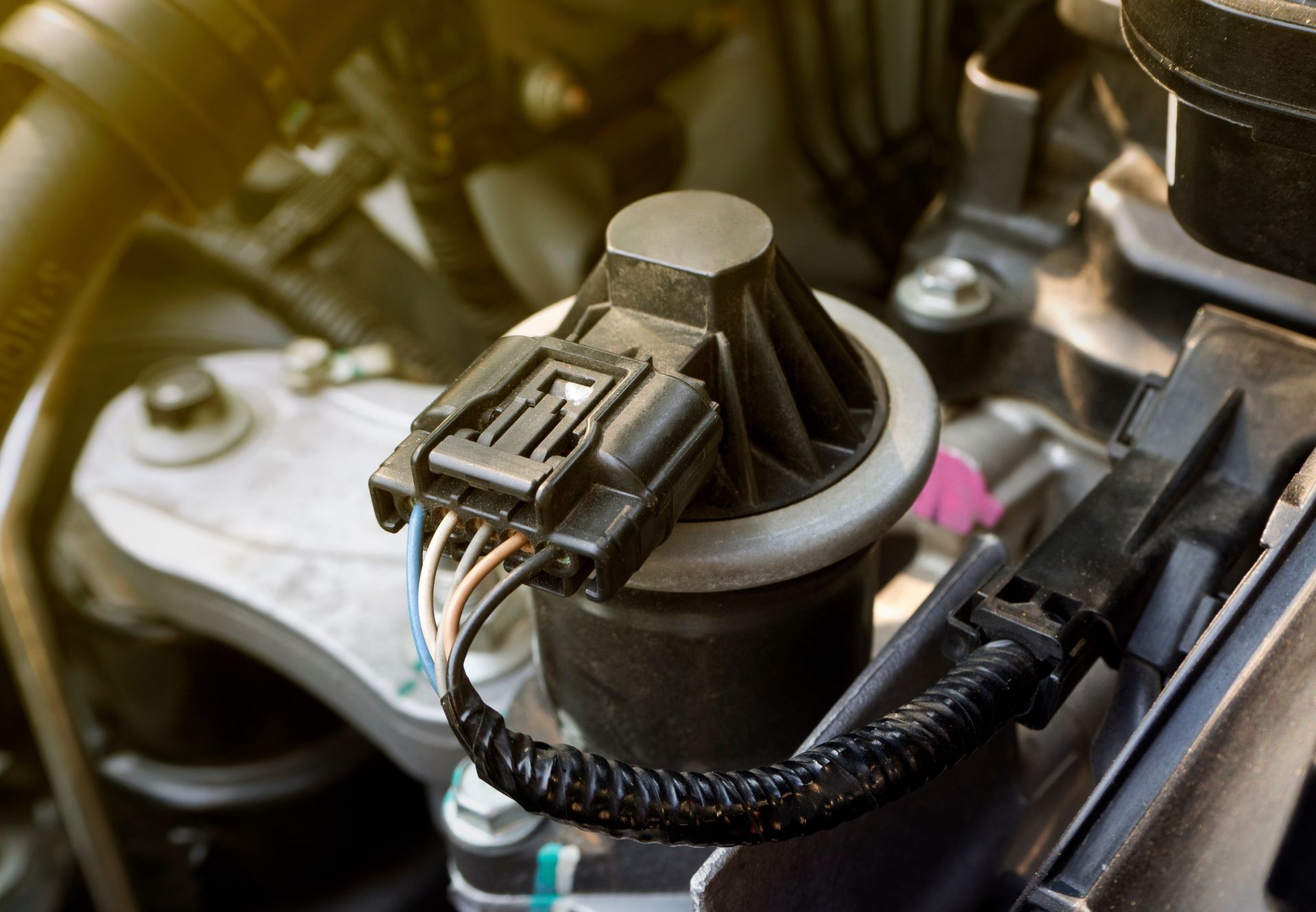Keeping your car in excellent condition requires regular upkeep and occasional repairs. While routine checks are necessary, there are specific services that can significantly enhance your car's performance and longevity. By proactively managing your vehicle's maintenance needs, you can avoid costly repairs in the future and ensure a safer driving experience. In this post, we'll explore three essential auto repairs you should consider for your car.
1. Wheel Alignment
One crucial service that often goes unnoticed until it affects vehicle handling is wheel alignment. Misaligned wheels can lead to uneven tire wear and make it harder to control your car. According to Kelley Blue Book, you shouldn't drive more than 10,000 miles without having a service and repair technician examine your wheel alignment. Regular alignment not only improves your driving safety but also extends the lifespan of your tires, ultimately saving you money.
2. Brake Inspection
Your car's braking system is one of its most vital safety features, and regular inspections and maintenance can prevent catastrophic failures. In our experience, it's important to have your brakes checked at least once a year or when you notice unusual sounds or decreased responsiveness. A thorough brake inspection will not only ensure that pads, rotors, and fluids are in optimal condition but also provide peace of mind knowing that your vehicle can stop when needed.
3. Oil Change
Regular oil changes are crucial for maintaining your engine's efficiency and longevity. Engine oil lubricates, cools, and cleans the engine, reducing wear and tear on its components. Depending on your driving habits and the type of oil used, we recommend changing your oil every 3,000 to 5,000 miles. By keeping up with this simple service, you can improve your car's performance and avoid costly, unexpected auto repairs.
Investing in regular
auto repairs not only enhances the performance of your car but also ensures its safety and reliability on the road. Wheel alignment, brake inspection, and oil changes are just a few of the essential services that can keep your vehicle running smoothly. By adhering to a regular maintenance schedule and addressing issues promptly, your car will serve you well for years to come. Always consider consulting with a trusted mechanic to tailor a maintenance plan specific to your vehicle's needs. If you want to keep your vehicle running like new, give Key Diesel and Auto Service a call today!
